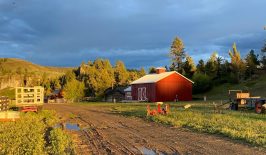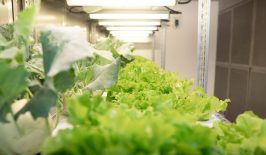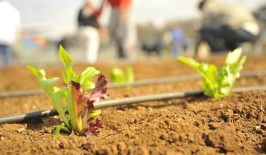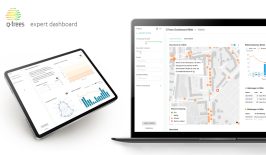In one of the biggest overhauls to waste management legislation to occur in recent memory, consistency efforts are also being ramped up with the government promising to collect organic, food-based waste on a daily basis and dry, recyclable waste weekly.
The announcement made last week is a direct response to action taken by citizens in July and August of this year, when people turned out in droves to protest against landfills in areas just near Bangalore, calling for alternatives to the region’s tangible waste management problem.
Bangalore produces about 3,000 tonnes of waste per day. Over 50 percent of this is organic waste while recyclable items such as paper and plastic make up about 20 percent of the city’s garbage. Wet waste will be composted and given to farmers, recyclable items will recycled and the rest will be dumped in landfills. Check out our Go Green section for a step-by-step guide to home composting.








